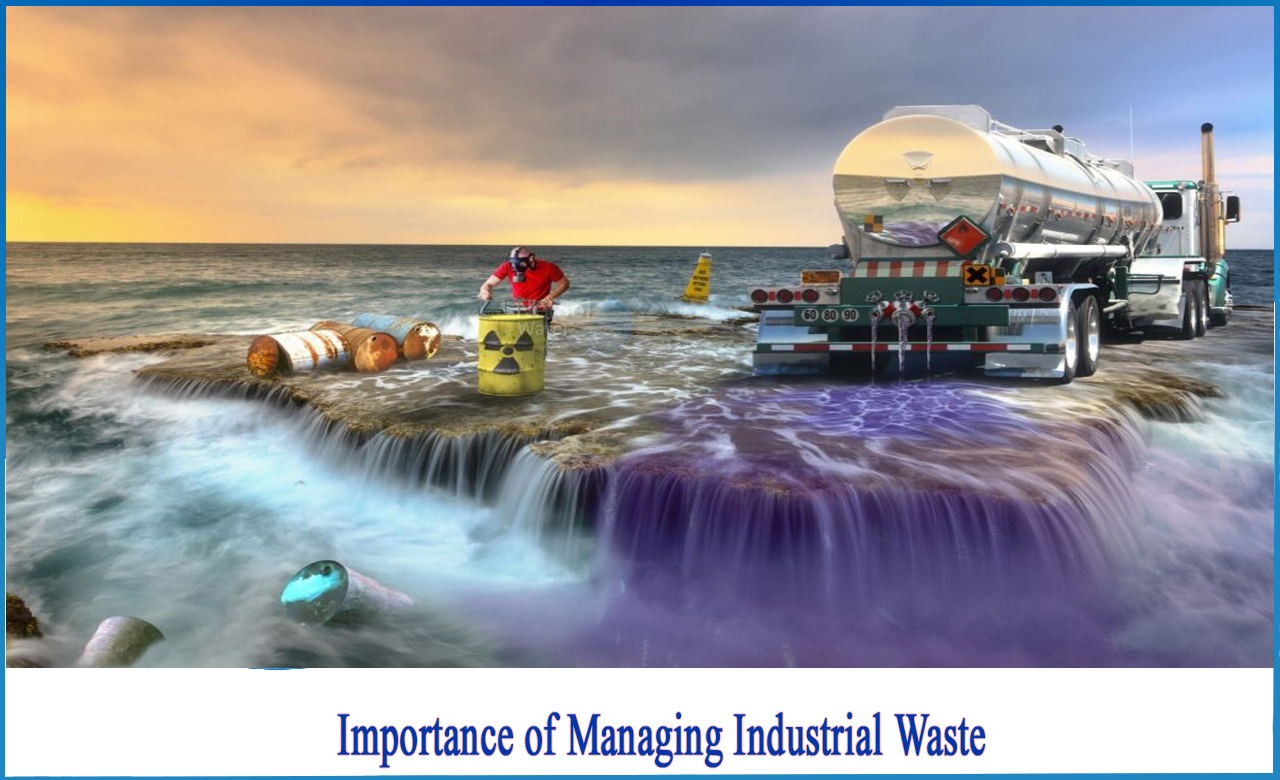All About Reclaim Waste
All About Reclaim Waste
Blog Article
5 Easy Facts About Reclaim Waste Shown
Table of ContentsReclaim Waste Can Be Fun For EveryoneOur Reclaim Waste Ideas9 Simple Techniques For Reclaim WasteThe Ultimate Guide To Reclaim WasteExcitement About Reclaim Waste
Residential sewage waste refers to the waste and products from a property septic storage tank. The correct management and disposal of residential sewer waste call for fluid waste to be moved to a sewage treatment plant where the appropriate approaches and tools are applied to cleanse and dispose of waste.
Commercial waste frequently consists of potential dangers, such as combustible materials or a mixture of liquid and solid waste products, and requires an advanced and thorough disposal procedure. The disposal of commercial waste generally involves the filtering of waste prior to transportation to ensure safe and appropriate disposal. Hazardous waste is developed from results and drainage of industrial procedures and manufacturing.
This sort of waste can not utilize the very same sewage administration transportation or processes as septic or business liquids. The hazardous waste administration procedure calls for the examination and screening of liquid waste before it goes through the disposal procedure (liquid waste disposal melbourne). Runoff waste is the fluid waste that originates from drainage and excess stormwater in very inhabited locations or cities
Drainage waste can create contamination and flooding otherwise handled appropriately. Find out a lot more concerning drain cleansing and waste monitoring. Making certain appropriate waste monitoring can protect against calamities and reduce environmental harm. Both individuals in residential settings and professionals in commercial or production industries can gain from recognizing the processes and laws of liquid waste management.
Reclaim Waste - The Facts
Get in touch with PROS Solutions today to learn more about our waste management and disposal solutions and the appropriate methods to care for the liquid waste you generate.
(https://www.imdb.com/user/ur191403836/?ref_=nv_usr_prof_2)This so-called 'wastewater' is not just a crucial source but, after therapy, will certainly be released to our land, rivers or the sea. Utilized water from bathrooms, showers, baths, kitchen sinks, laundries and industrial procedures is understood as wastewater.

water used to cool down machinery or tidy plant and equipment). Stormwater, a kind of wastewater, is overflow that streams from agricultural and urban locations such as roofing systems, parks, yards, roadways, courses and gutters right into stormwater drains, after rainfall. Stormwater streams untreated directly to local creeks or rivers, ultimately reaching the ocean.
The 30-Second Trick For Reclaim Waste
In Queensland, a lot of wastewater is dealt with at sewage treatment plants. Wastewater is transported from domestic or commercial sites with a system of sewage systems and pump stations, understood as sewerage reticulation, to a sewage treatment plant. Regional federal governments construct, keep and run most sewer treatment plants. Operators are licensed under the Environmental Protection Act 1994 to discharge cured wastewater at an acceptable environmental standard into rivers.
The Department of Natural Resources recommends local governments about managing, operating and maintaining sewerage systems and treatment plants. In unsewered areas, regional federal governments might call for householders to set up individual or home sewer therapy systems to deal with domestic wastewater from toilets, cooking areas, bathrooms and washings. The Division of Natural Resources authorises using my site home systems when they are proven to be reliable.
In some new neighborhoods, therapy of some stormwater to remove litter, sand and crushed rock has started utilizing gross contaminant catches. Wastewater therapy happens in four stages: Gets rid of strong issue.
Wastewater after that streams right into large storage tanks where solids work out and are gotten rid of as sludge. Grease and scum are skimmed from the surface area. Makes use of small living microorganisms knows as micro-organisms to damage down and remove remaining liquified wastes and great bits. Micro-organisms and wastes are included in the sludge. Gets rid of nitrogen and phosphorus nutrients that might cause algal blossoms in our rivers and endanger aquatic life.
9 Simple Techniques For Reclaim Waste
Nutrient elimination is not offered in any way sewage therapy plants due to the fact that it calls for expensive specialist devices. It is ending up being more typical in Queensland. Clear liquid effluent created after treatment might still have disease-causing micro-organisms. If this effluent is launched right into waterways such as rivers or the sea, the micro-organisms will ultimately pass away out.

The majority of wastewater flows right into the sewage system. Under the Act, local governments provide authorizations and permits for environmentally appropriate tasks (ERAs) entailing wastewater launches that might have a local impact.
About Reclaim Waste
Otherwise, examples are taken for research laboratory analysis. Often lots of tests are needed to establish the levels of each of the various toxins such as oils, hefty steels and pesticides in water. Tracking gives factual details regarding water high quality and can validate that licence problems are being fulfilled. The information acquired via tracking supplies the basis for making water top quality choices.
Report this page